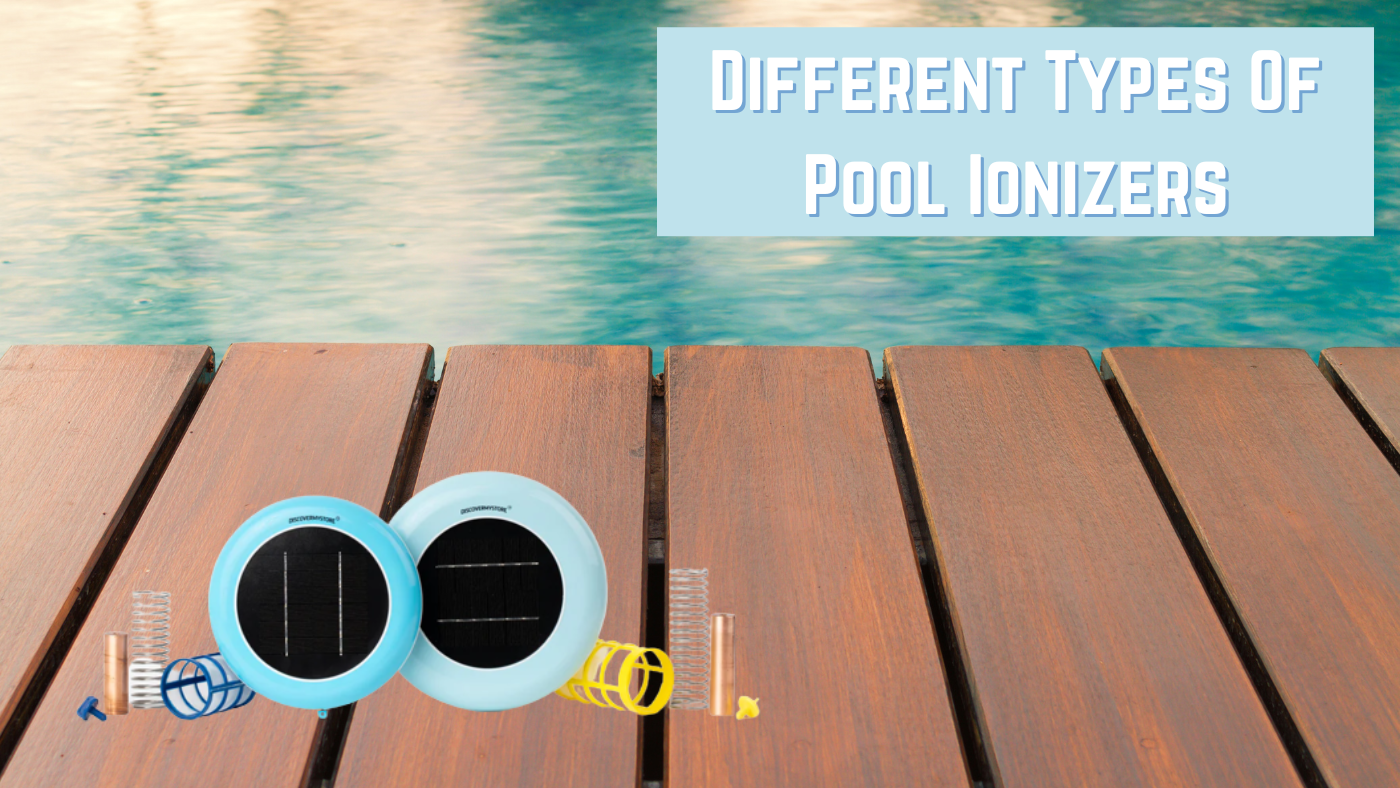
An ionizers are used in swimming pools to treat and clean the water. They are commonly preferred over chemical cleaners as they use both ions and minerals to effectively clean and sanitize the pool. They come in two types, though they still operate similarly.
Ionizers are commonly used in pools due to their ability to control the growth of algae and other harmful bacteria. They usually have silver or copper electrodes. The former, which is referred to as a bactericide, kills bacteria and prevents them from growing. On the flip side, copper electrodes are algae statifiers, which kill and prevent algae blooms.
When the ionizers are activated, they attract and transport minerals and other nutrients into the water, which then become cations, which are attracted to and destroy harmful microorganisms.
Electrical Ionizers
An electrical ionizer is the most common type of pool ionizer. It has two electrodes, which are placed close together to achieve the best possible effect. When the low-V current from the solar panel is converted to electricity, it hits both electrodes.
The current that hits the electrodes eventually loses its charge and turns into cations, which then remain in the water for up to weeks. Since the ions and minerals in the water are constantly absorbing and releasing nutrients and minerals, you don't need to maintain the pool as much as you would with regular chemicals.
Mineral Cartridge
Another type of pool ionizer is a mineral cartridge, which is designed to store the ions and other nutrients in a pack. Unlike regular electric ionizers, this type of device doesn't charge the ions. These cartridges usually have a lifespan of up to 24 months.
The second type of pool ionizer is designed to release additional minerals and nutrients into the water. It will continue to clean and purify the water for a long time. To keep track of the nutrients and ions, you can use a test kit.
Like the first type, ionizer releases additional minerals and nutrients into the water. It will continue to clean and purify the water for a long time. To keep track of the nutrients and ions, you can use a test kit.
Bottom Line
Although solar pool ionizers can be used in most types of pools, you should always ask your supplier for their approval.
While solar pool ionizers are generally considered to be effective in keeping the water clean, it's still important to use chemical cleaners, such as chlorine and bromine, instead of using them as the sole protection. In addition, since they don't oxidize or retain residuals, they might not be able to provide the necessary protection for some pools.
If you have any other questions about pool and spa products please do let us know - we are here to help!
Also don't forget to subscribe to our YouTube channel and check out our videos with other great pool and spa products!

